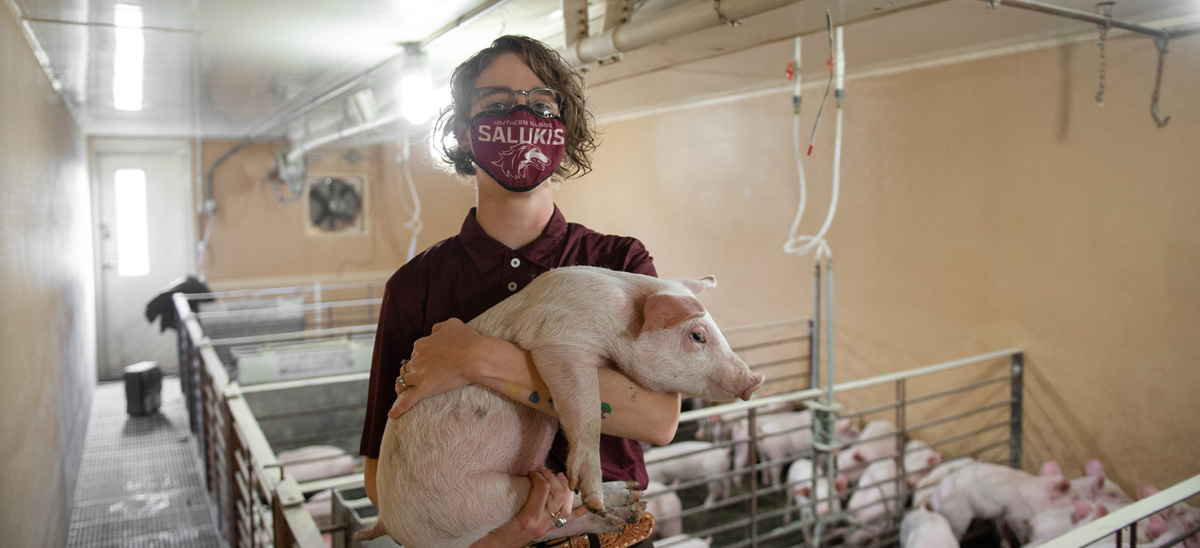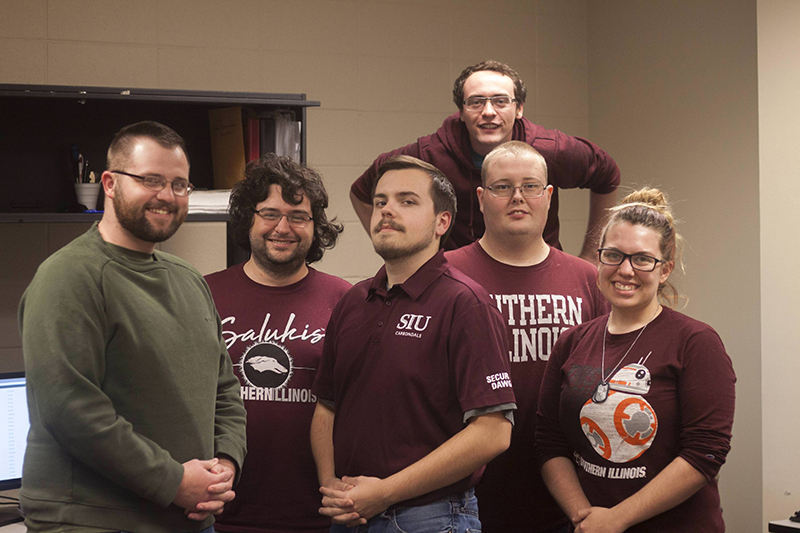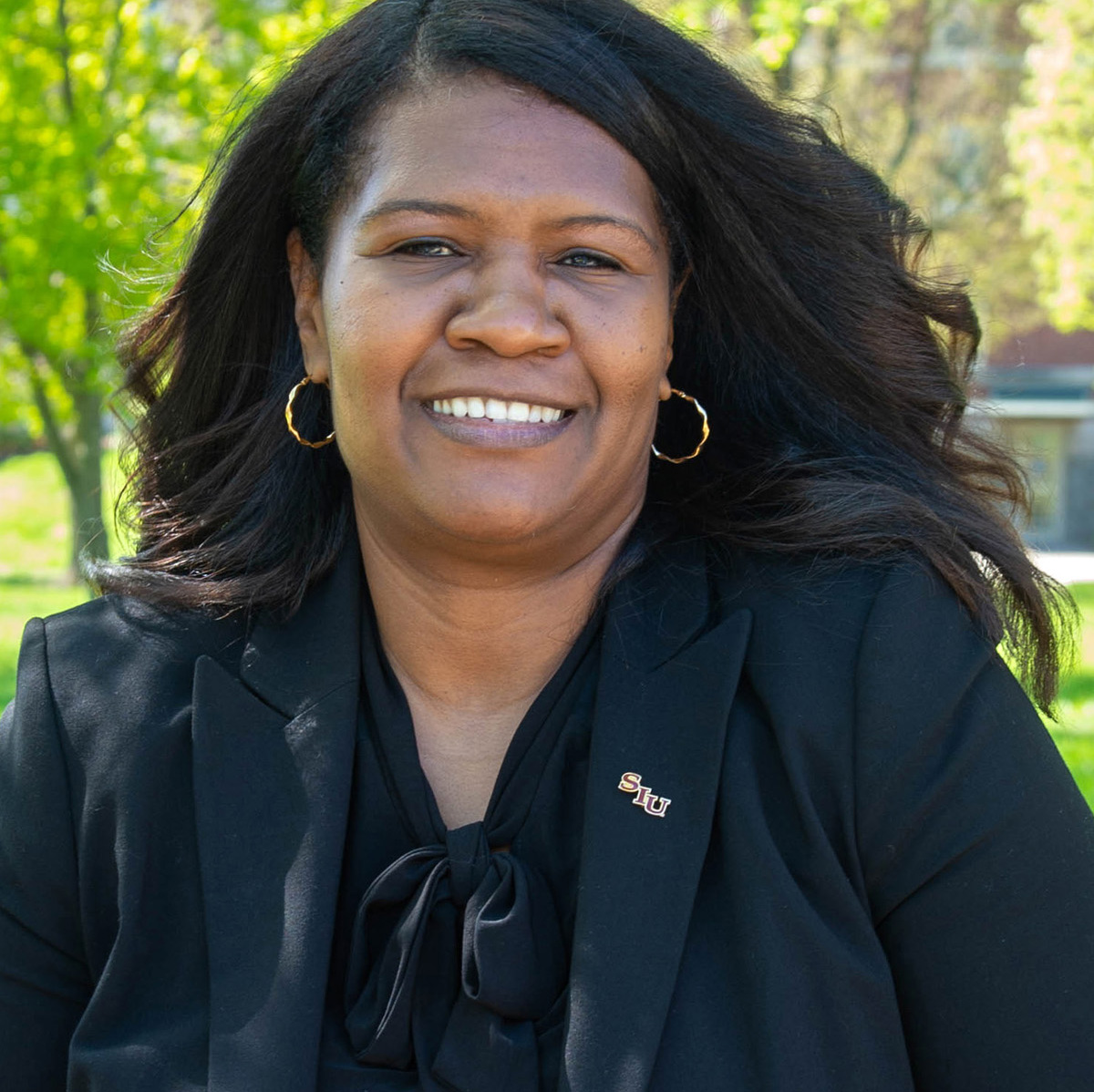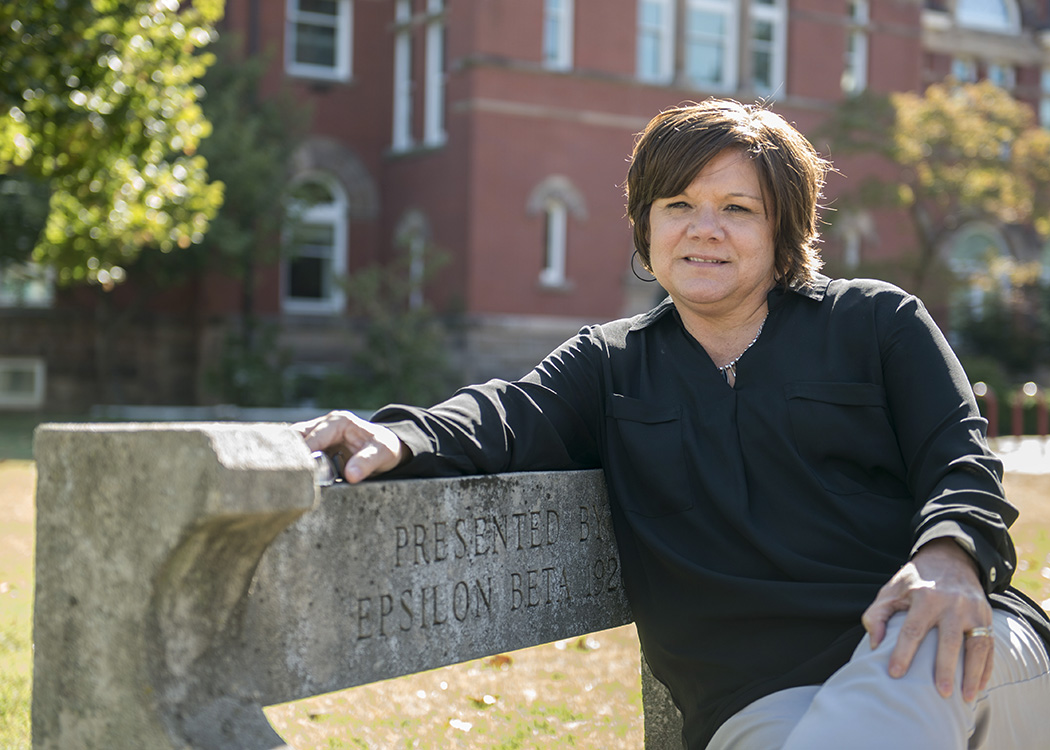
An ever-changing world amid a pandemic has meant opportunities for Southern Illinois University Carbondale students to collect data to help community health professionals more accurately assess the present and guide the future.
Three Saluki master’s students in public health – Ody Ekwonwa, Precious Aguirre and Kwabena Adjei Agyeman – have interned with BroadStreet’s COVID-19 Data Project, amassing data at the county and state levels across the country. BroadStreet uses information collected by interns to create state-by-state charts of cases and deaths and provide visualizations of trends.
“This is what epidemiologists are prepared to deal with — when pandemics or outbreaks happen,” said Sarah Patrick, an assistant professor of public health. “We are ready to assist and are in action in many ways to make the pandemic less of a drain on society.”
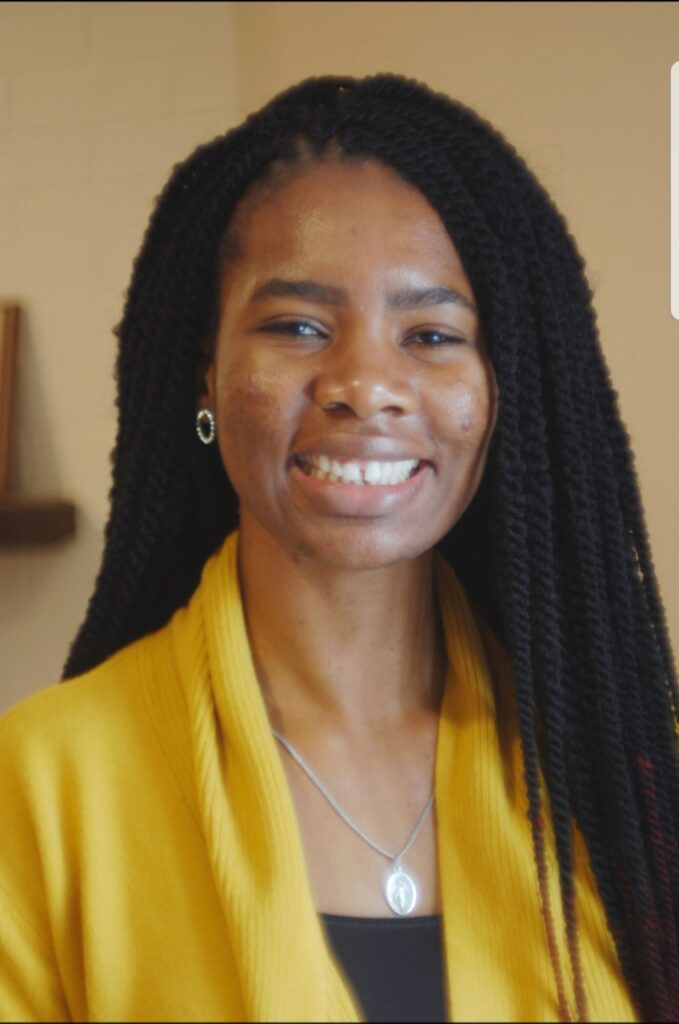
Ekwonwa, who hails from Chicago, has long been interested in studying inequity and marginalization of groups in public health. This project “brought to life” her colleagues’ role in communities.
“Being in Carbondale has been really valuable, because we’re a research university and we have a major hospital of the region,” Ekwonwa said. “So to be part of something bigger, like this, felt like a natural extension. We’re behind the scenes in this role, but we’re also out front by helping people understand the way data is being monitored and recorded. I’m proud of the surveillance system I’ve been part of building, especially trying to help people who may not be able to help themselves.”
Patrick received an email from a BroadStreet associate in the spring looking for graduate students in public health interested in gaining experience about data collection.
BroadStreet’s COVID-19 Data Project internship allowed students to gain experience, and professionals to spend their time and resources on improving community health. The project has been a collaboration of approximately 200 students, statisticians, epidemiologists, health care experts, data scientists and other passionate professionals committed to having the most accurate, community-level data about the COVID-19 positive tests and fatality rates.
“It’s important for students to understand when you have reliable information that you can act on – to make sure all of the work is clean and accurate in something that is so fast-moving,” Patrick said.

For Aguirre, a Chicagoan who also earned her undergraduate degree at SIU, the opportunity couldn’t have come at a better time. Like for many students, various springtime shutdowns meant a lot of summer internship opportunities evaporated.
Aguirre — who has also interned at the Chicago Department of Public Health — has been interested in epidemiology since age 16, when she literally drew the topic out of a hat in high school.
“Now, I’m getting to play hands-on with data and exploring so many resources around the country,” Aguirre said.
Aguirre spent time researching about 10 counties in Michigan, searching a variety of sources for accurate information.
“There was daily activity, and I felt really responsible for finding the best information,” Aguirre said. “It felt good to know my small piece was being used for something bigger. Really, we’re all in this together.”
Patrick said the hands on, personalized instruction students receive from SIU prepares them well for opportunities off campus.
“I am so thrilled we have students taking advantage of these learning opportunities and providing service during the pandemic,” Patrick said. “Our students have gotten a lot out of this. It’s also been valuable to work with so many students from other universities, collaborating on a very important project. They could see how SIU matches with other programs, and that’s been good for us. There will be many more opportunities for SIU students moving forward.”

